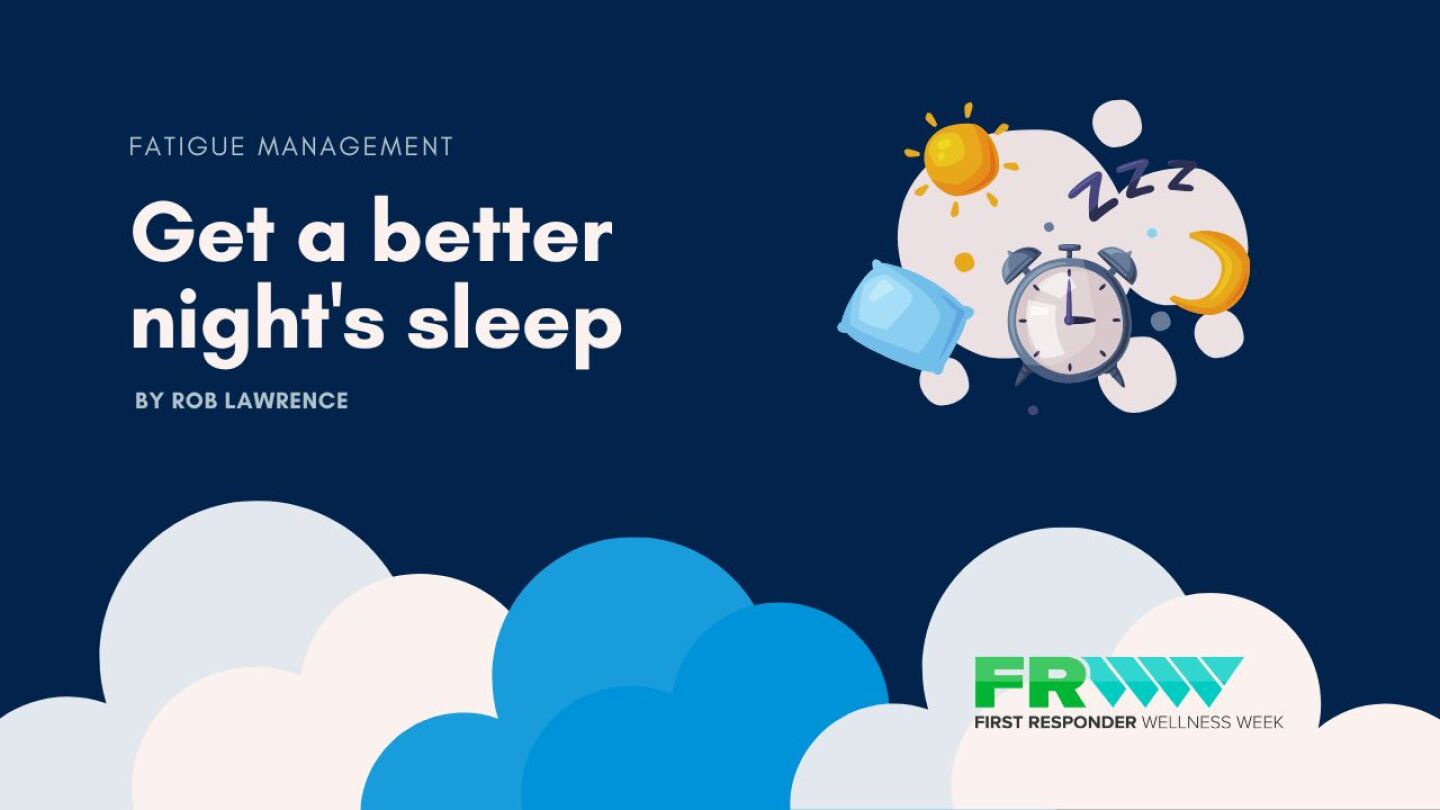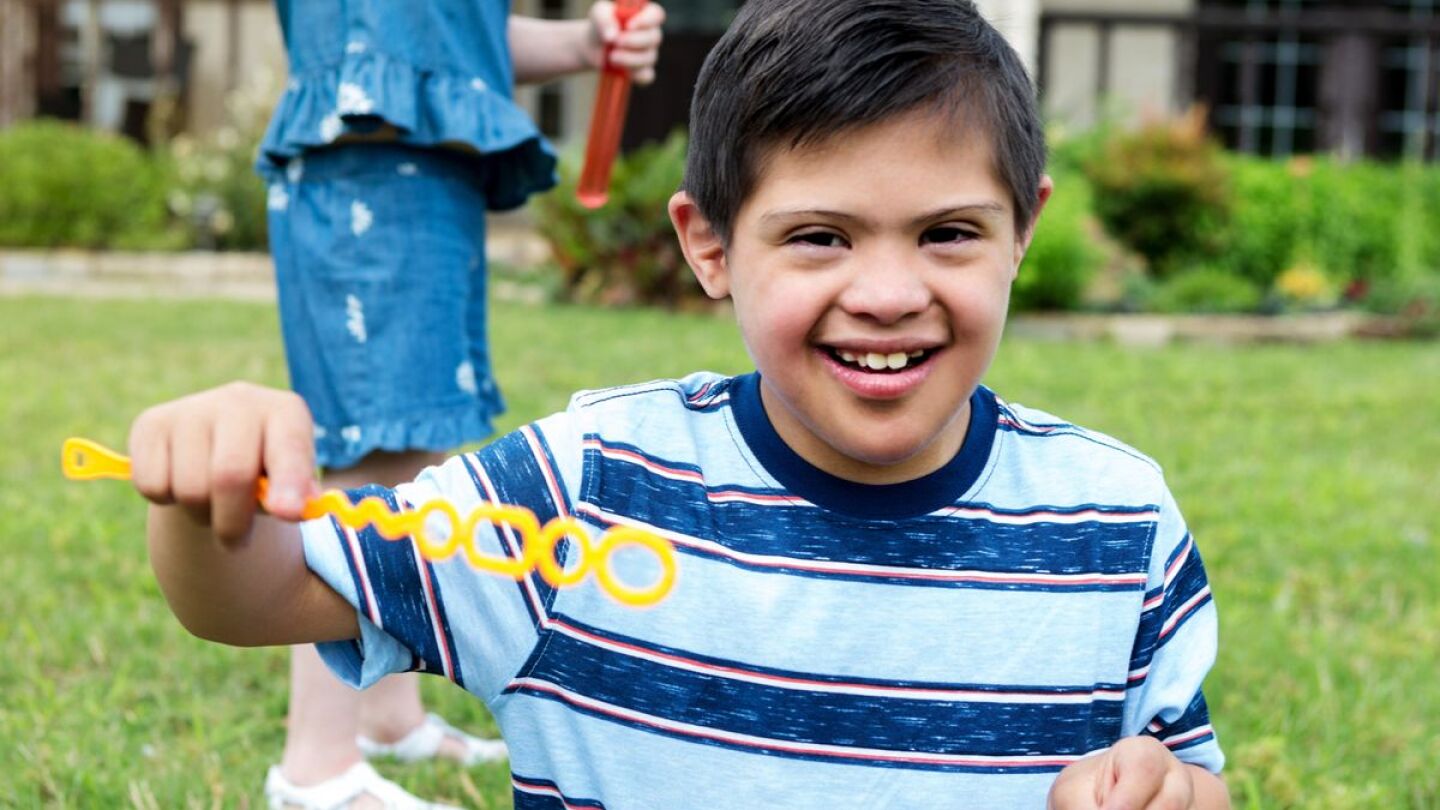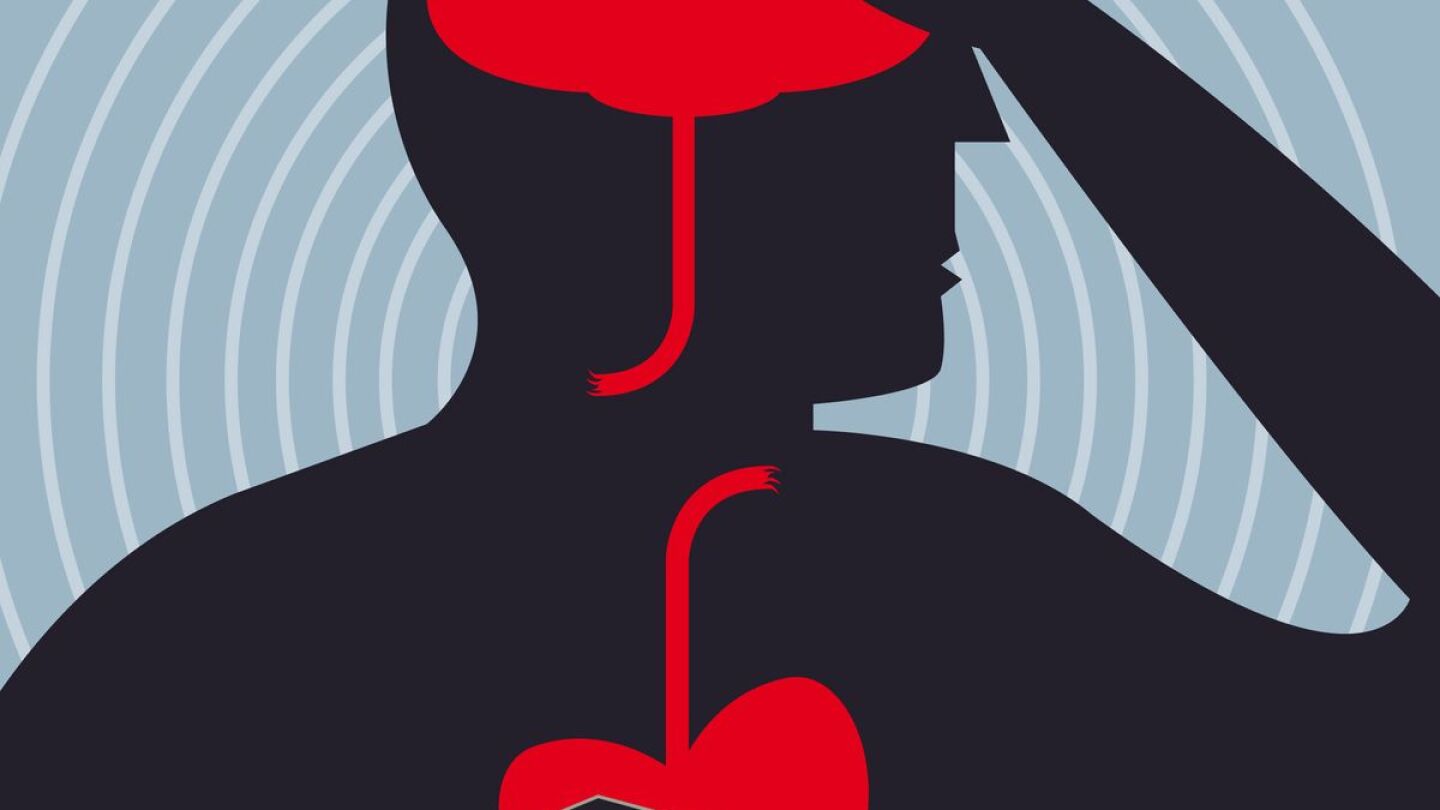Mental Health
“Maybe I cannot stop which threatens peace. But maybe, for one little moment, I can put others at ease.”
“EMS professionals are watching, not for speeches, but for behavior. They are listening, not just to words, but to tone. They are deciding — quietly — whether their leaders are present, consistent and trustworthy.”
Burnout, distrust and attrition won’t be fixed by more rules. The future of EMS depends on leaders who show up, own failures and advocate for their crews.
I believe that managing micro-stressors will prepare me for when I am confronted with a large, high-stress incident at work or home
Testifying before lawmakers, police and firefighters said protecting peer counseling conversations would encourage participation and help address burnout, substance abuse and suicide risks
What first responders can learn about fatigue management from the U.S. Army’s doctrine on readiness
The Department of Health and Human Services confirmed that SAMHSA funding will be restored following backlash from grantees and lawmakers
EMS World panelists shared their expertise in working with exceptional patients and discussed strategies and procedures that aid in creating a successful interaction for all involved
Closing out the year with a rapid-fire look at what frontline providers are really saying — from spinal immobilization, to swiping through microlearning
With a focus on scene safety, the discussion delves into the complicated dynamics of emergency response and the importance of staying vigilant
What DSM-5 recognition of moral injury means for EMS
Ohio lawmakers have set aside $40 million to launch a Post-Traumatic Stress Fund that will help firefighters, police officers and EMS personnel cover lost wages and medical costs tied to duty-related PTSD
The short answer: Yes. And Dr. Jaime Brower offers the tools to make it happen.
All caregivers can find solace in small victories and salvation in providing comfort to those who are suffering
First Capital EMS providers Pierce Ragland and Dan Medford raced to the scene of an officer down call that left three York County detectives dead
Staffing shortages, weak feedback loops and outdated incentives are driving talent away. Stay interviews and engagement plans could be the solution.
Use the habit loop to set goals in motion and achieve success
Burnout tops the list of critical concerns. Discover how to recognize the signs and address root causes, to prevent and reverse burnout.
One simple way to improve your quality of life now is to take stock of all the blessings you’ve been bestowed, despite everything else
We have made it to the start of the holiday season: Halloween, Thanksgiving, Christmas, New year’s … what holidays will you be missing this year?
Paramedic James Parrish drew on years of calls, trauma and quiet struggles to create a comic about friendship, mental illness and what it means to keep showing up for others
Teams made up of EMTs, mental health professionals and peers would be stationed in 100 subway stations, focusing on engaging New Yorkers experiencing homelessness or mental distress
In this episode learn the 5 diagnoses for altered mental status that can kill your patient emergently
Being a public safety professional can be very rewarding ... but it can also be very stressful
We do everything we can in the hope we’re wrong about what is happening to the smallest of victims
Paramedic and volunteer firefighter Ashley Neubauer shares her journey through depression, anxiety and flashbacks
Great Lakes region ECCs lead adoption of new protocol to guide dispatchers in handling suicidal callers
Taking regular, scheduled vacations is an essential part of maintaining your well-being
End the burnout cycle with proven initiatives to create a more sustainable EMS culture
MOST POPULAR
- White House reverses $2B cut to mental health, substance abuse grants
- Caring for the caregivers amidst moral shock
- Do something different: Why it’s time to question everything about recruitment
- Ask Laurie: How can I become more resilient at work?
- ‘Definitely a “no-confidence” feeling': Honolulu EMS director’s leadership questioned, making future uncertain































